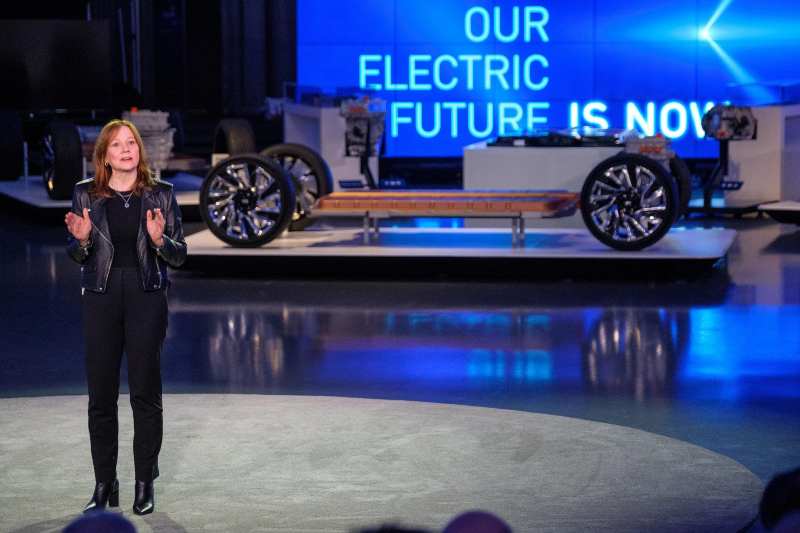The new decade promises a radical transformation in the car industry with many manufacturers aiming to take a leading role in designing sustainable electric vehicles. 2025 is earmarked as the industry’s tipping point away from traditional car designs that rely on fuel.
Among all car manufacturers dominating the modern industry, General Motors has the most elaborate plan and technology to take the production of electric vehicles to an unprecedented level. The company is aiming for zero emissions, zero congestion, and zero crashes, an endeavor that is easier said than done.
With a budget exceeding $20 billion for financing the ambitious expansion, GM is already recording milestones in actualizing their end goal.
Moving With the Changing Times
In the golden era of technology, market trends are rapidly changing and the competitive landscape is inspiring futuristic innovations at an incredible rate. Companies that are not proactive in adapting to the market trends are unlikely to survive the next decade.
Technology and digitization are dominating almost every aspect of modern lifestyles. It is all about convenience and luxury in today’s world and electric car manufacturers learn from creative fields, such as game design, to gamify and shape the future of driving. Frankie James, managing director of GM’s advanced technology in Silicon Valley, has said in a 2016 interview that they learn a lot from the gaming industry. As an example, she mentioned those game developers are really good at knowing how to get users to behave in a certain way and the concept of gamification will help GM transform driving into a more fun experience while having the drivers learn and maintain good driving habits. She also mentioned window technology allowing passengers to draw on the windows, see information about sites they see on the way, and even change the view completely. “We’re trying to make sure we provide drivers with the functionality they want without distracting them from the driving task.”
GM Technology Is Cost-effective and Sustainable
The all-new battery electric vehicle design unveiled by General Motors has been a tremendous boost towards an all-electric future. By 2023, the company promises to have launched over 20 new electric models as well as fuel-cell vehicles. Cadillac spearheaded the new exquisite electric car line and it is evident that the entire GM product line is about to evolve its body design to complement the new technology.
The engineering design for all future GM cars will feature a more versatile body style in a bid to increase the range of high-performance electric car models released to the market. The multiple cell modules packed within a single car will comfortably meet all energy requirements in regards to performance and luxury features in the interior.
General Motors are clearly capitalizing on all the shortcomings experienced with early electric car models. The company’s technology will account for the increased scale of EVs present in the market with the multi-vehicle/ multi-brand strategy for the new technology.
How GM Intends to Generate Higher Demand for Electric Vehicles
Sale of EVs has always been below average due to some of the limiting factors that come with the technology. EVs are known to cover very short distances before running out of power, costly replacement of the battery pack, and to top it all a hefty price tag. All these factors outweigh the admirable attributes for the EVs such as the low maintenance cost, minimal emissions, energy efficiency, etc.
Working around such considerations, GM engineers strive to attain a better ownership experience for future customers. To start with, the battery-electric design gives an excellent foundation that can support next-generation car technology and increase its traveling range at the same time. The company also plans to network EVs owners in different localities to eliminate traveling range anxiety and boost demand.
The energy sector also acknowledges that technology is on the move away from fuels hence the budget drafting and efforts to seek lucrative partnerships to build charging infrastructure within the decade. In developed countries, the collaboration between car manufacturers, energy suppliers, and the various governments will help set up a nationwide charging network.
The future of electric vehicles has never looked this bright. The arising global concerns revolving around carbon emission and the rapidly decreasing sources of fuels have motivated the auto industry to embrace and enhance electric car designs.
Commendable efforts by big companies like General Motors are introducing budget-friendly EV brands that were previously unaffordable to most. New models like GMC Hummer pickup and Cadillac Lyriq fitted with the efficient Ultium battery modules are not only stylish for a modern customer but also give such customers value for their money in the long run.











